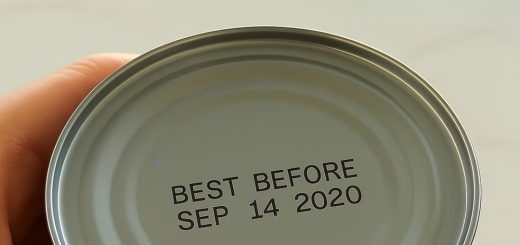Do You Need to Wash Eggs Before Using Them?
Whether you’re frying, baking, or boiling, eggs are one of the most common ingredients in the kitchen. But many home cooks still wonder: Do you need to wash eggs before using them? The answer is surprisingly more complex than a simple yes or no. It depends on how the eggs were handled before they reached your kitchen.
Fresh eggs naturally have a protective coating called the cuticle, often referred to as the “bloom.” This thin, invisible layer seals the pores of the shell and helps keep out bacteria while minimizing moisture loss. When eggs are washed, this layer is removed, making the egg shell more porous and slightly more vulnerable. In many countries, store-bought eggs are already washed and sanitized before being packaged.
In those cases, they are safe to use as they are, and rewashing them at home isn’t recommended because it can force water—and potentially bacteria—through the shell. When it comes to concerns like Salmonella, it’s important to understand that contamination typically comes from improper handling rather than the shell itself. Cooking eggs thoroughly, especially boiling them, provides an extra layer of safety because high heat neutralizes surface bacteria without affecting the inside of the egg.
Ultimately, whether you wash eggs depends on where they come from. Farm-fresh eggs with the cuticle intact are usually best left unwashed until right before use, while commercial eggs require no additional cleaning. No matter your choice, safe handling and proper cooking are the most important steps in keeping your kitchen safe.









